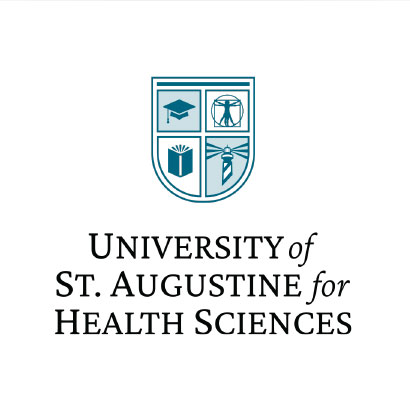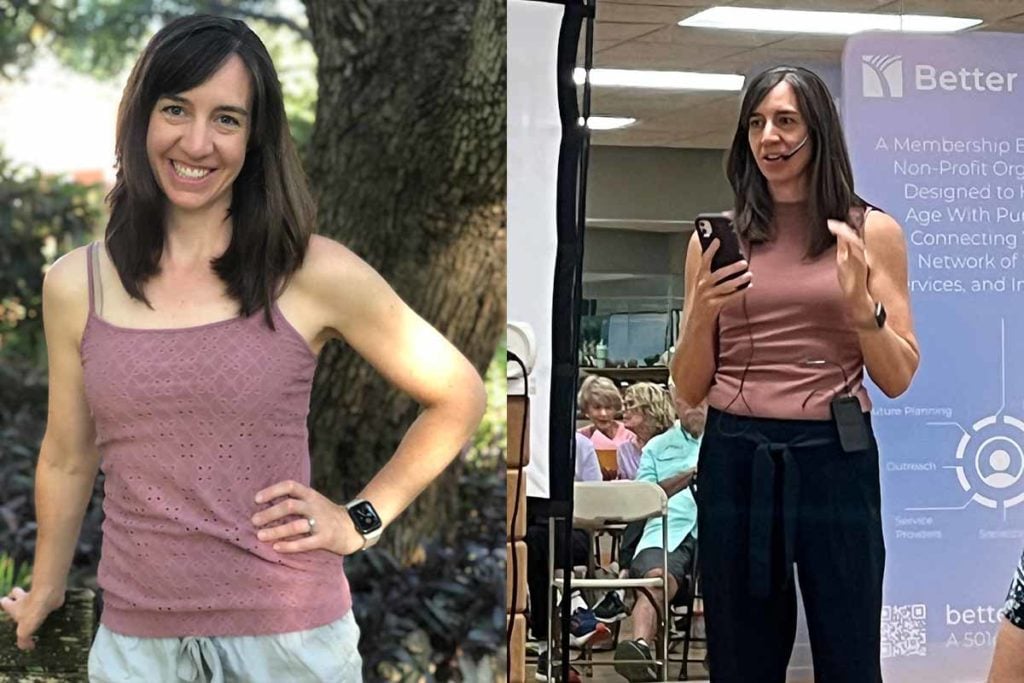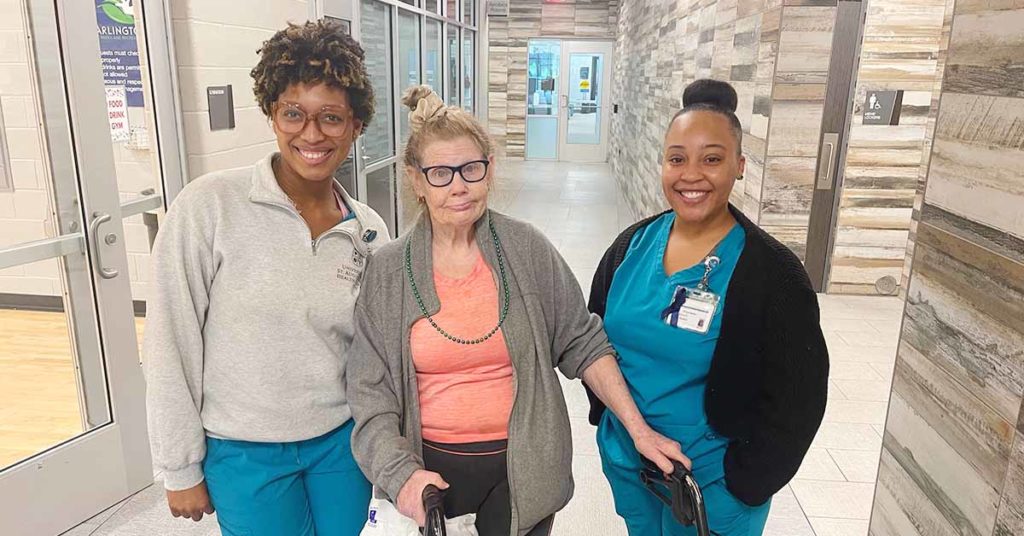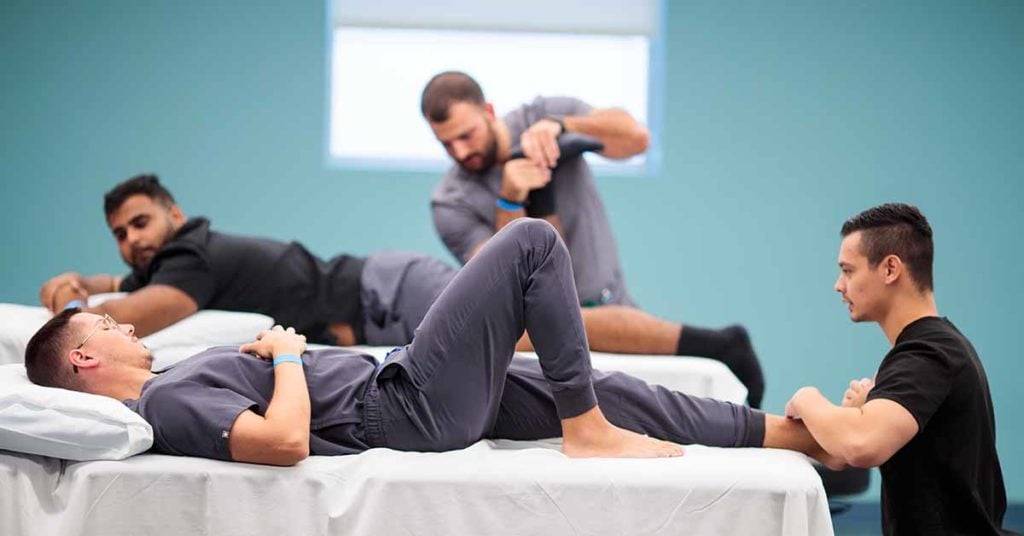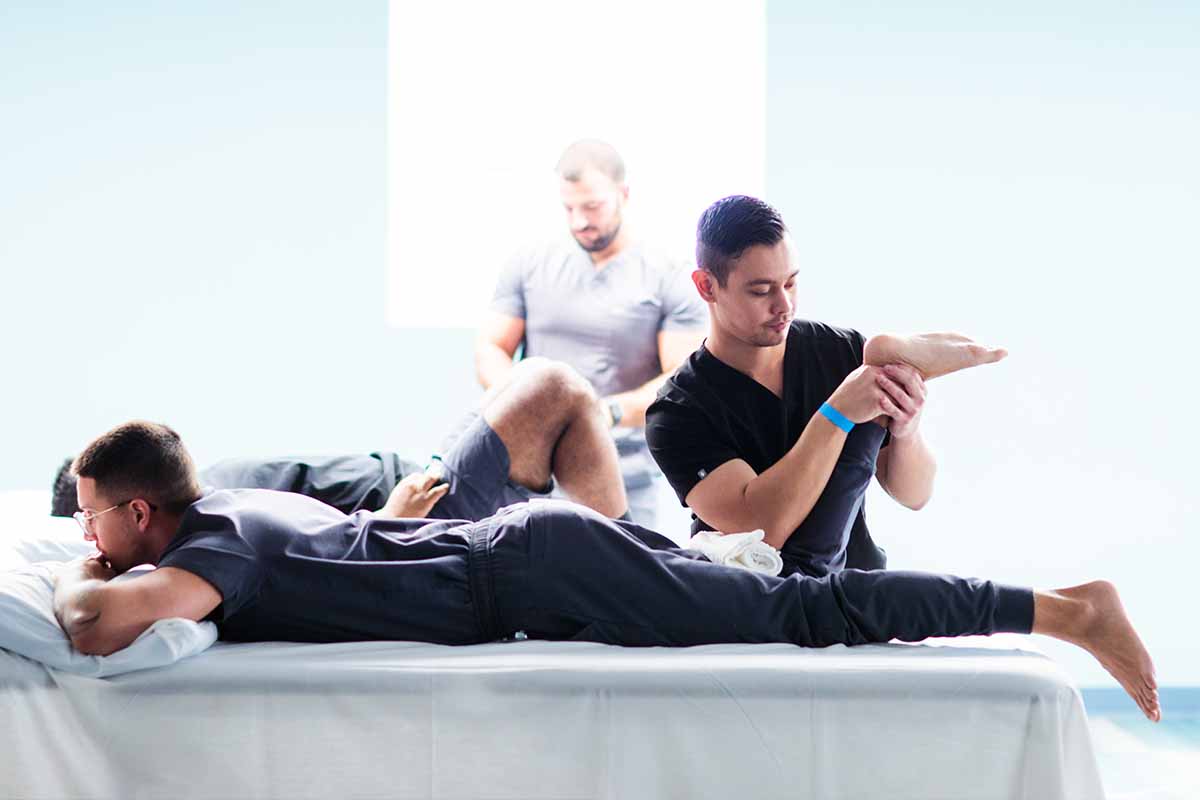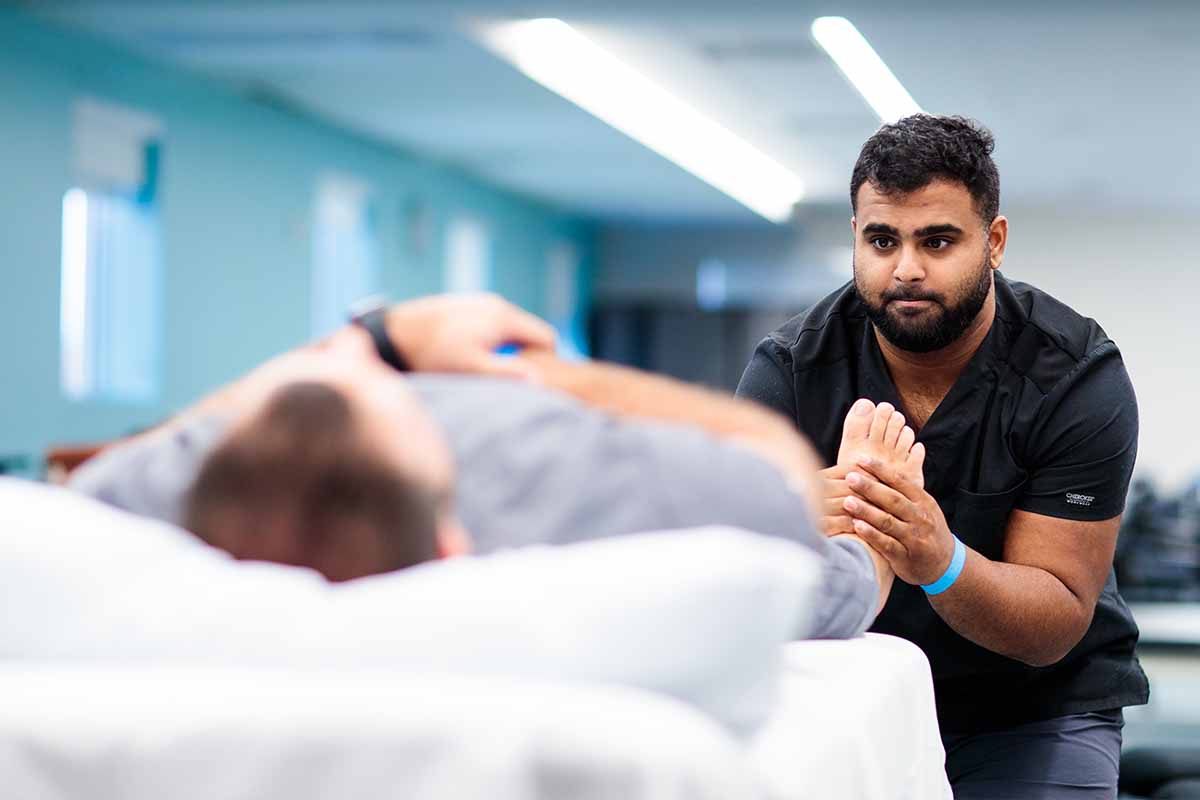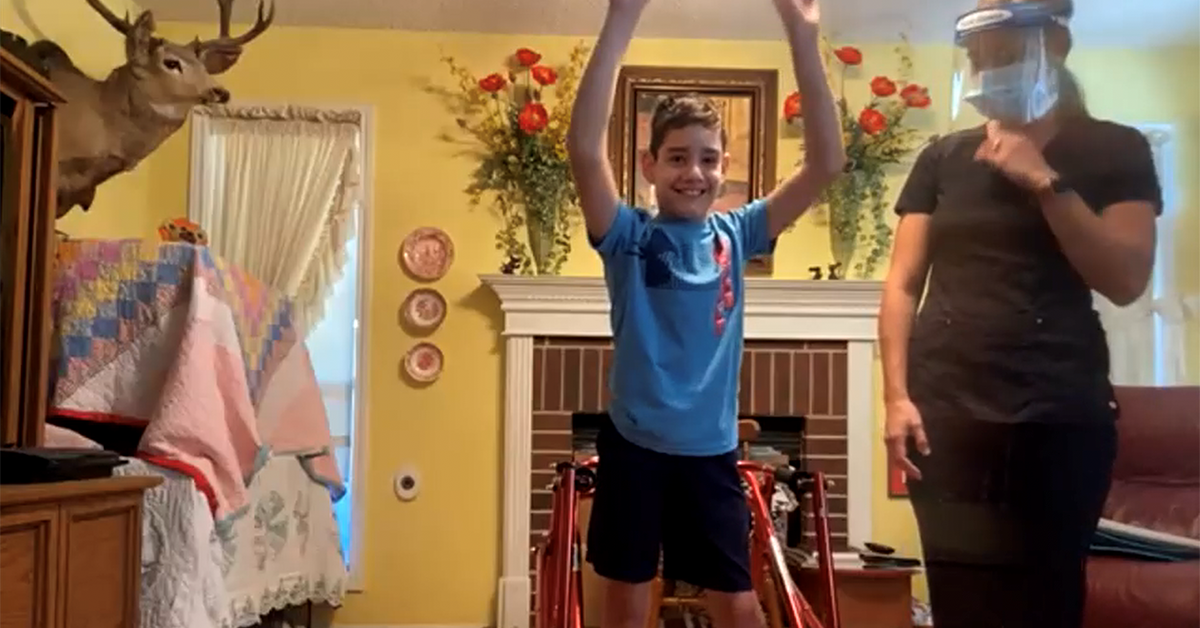

When the USAHS campus in Austin, Texas, had to shut down temporarily in March due to the COVID-19 pandemic, one of its best-loved programs went virtual. The pediatric clinic, in which Doctor of Physical Therapy (DPT) students help kids with spinal cord issues practice walking, could no longer happen in person. So faculty got creative and took the clinic online for the benefit of the students, kids, and parents.
“Offering it virtually is great for us,” says Dawn, the mother of Fin, one of the children in the pediatric program. “To still have options for my son so he can continue to reach his goals, to not be set back, and continue to make the great progress he’s making.”
Guided by faculty, students led telehealth treatment sessions with the parents and children. Assistant professor Megan Flores, PT, MPT, says that DPT students collaborated to come up with physical therapy goals for the kids and then chose play-based exercises the kids could perform to meet those goals.
This program is run like a pro bono clinic as part of the sixth-trimester Pediatric Physical Therapy course, which Dr. Flores co-teaches with Elizabeth Ardolino, PT, MPT, PhD, and Darryn Atkinson, PT, PhD. In normal times, the three instructors guide DPT students in using the SafeGait 360® Balance and Mobility Trainer® to help the children practice ambulating. The SafeGait is a body-weight support system that supports the patient like a crane as they walk on a treadmill, helping patients gain strength and balance without the risk of falling.
The program is truly unique: USAHS was one of the first higher education institutions in the country to install a SafeGait, and “we are the only university with a Doctor of Physical Therapy program that has integrated this type of a clinic into their curriculum,” Dr. Ardolino says. See our blog post and video about the program.
“Being in the gait training changed his world,” says Elisha, the mother of Martin, another boy in the program. She says that in the virtual version of the clinic, the students came up with good exercises for Martin to do. “[The virtual labs] gave us ideas of how even in our cramped space we can continue to help him strengthen.”
During the telehealth labs, one faculty member went into the home to be an extra pair of hands for the kids who needed a little help. “Although telehealth would not typically have a therapist on the videoconference and a therapist in the home, we decided to have the faculty member there for safety purposes and to give the parent a break,” Flores says. She added that even in the virtual labs, “students are still getting the experience, gaining their self-confidence, and feeling motivated to work with kids.”
“Telehealth is valuable as a physical therapy tool,” Flores continues, “but it cannot replace the hands-on care that some children with neuromotor disabilities really need. I have done telehealth for my own pediatric patients. For some, it is very beneficial, but not for all children. I think the kids we are trying to serve in this pro bono clinic need more intensity and hands-on physical therapy. They are able to perform some home exercises to try to maintain the gains they have made, but to make meaningful progress they really need to come back into the clinic.”
“This situation is hard for everybody,” Elisha says. “But I think they did a good job. I’m very pleased with the students…. I would hate for this to end, also. Because it’s really all we have.”
The largest PT school in the United States,* the University of St. Augustine for Health Sciences (USAHS) offers a hands-on Doctor of Physical Therapy (DPT) degree. Join a collaborative cohort of peers who learn under the mentorship of expert faculty-practitioners. Practice with mock and real patients in our state-of-the-art simulation centers and learn anatomy with our high-tech tools. Prepare for clinical practice with a wide range of patients, as well as for advanced roles in research, practice leadership, and policymaking. Residential (online coursework + in-person labs on weekdays) and Flex (online coursework + in-person labs on weekends) formats are available.
*Based on total DPT degrees conferred, as reported by the Integrated Postsecondary Education Data System (IPEDS). Data is captured by IPEDS through interrelated surveys conducted annually by the U.S. Department of Education’s National Center for Education Statistics (NCES). https://nces.ed.gov/ipeds/
